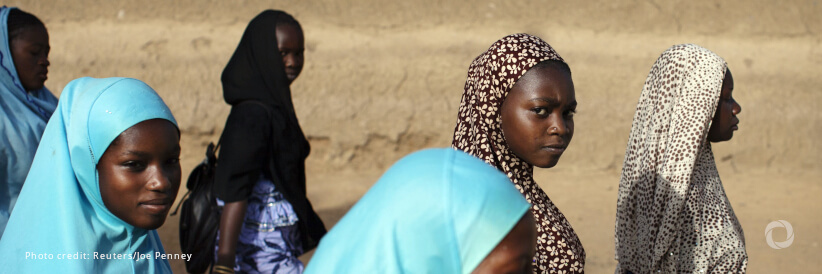European and African partners are joining forces to improve sexual and reproductive health and rights (SRHR) in Africa, particularly among adolescent girls and young women, to empower and enable them to reach their full potential. The initiative, which will enhance coordination and collaboration among partners, launched in Kigali, Rwanda, is a key action under the EU-Africa Global Gateway package and the EU Global Health Strategy.
While important progress has already been made to advance SRHR in Africa, the COVID-19 pandemic has had a strong negative impact and significant challenges remain. Further action is needed to make available information on SRHR, goods, and services and accelerate progress on key issues such as family planning, the fight against gender-based violence, harmful practices, maternal mortality, as well as sexual health and well-being.
The initiative builds on a joint analysis of gaps, needs, and lessons learned and prioritizes areas where a regional perspective can complement global and country-level investments, with a focus on three specific objectives:
- Increase the implementation of continental and regional commitments on SRHR in the health and education sector
- Improve the availability, affordability, and acceptability of quality-assured SRHR goods for all, especially women and girls
- Strengthen advocacy and accountability to ensure SRHR needs are met
The intention is to ensure a wide and balanced coverage across Western, Central, Eastern, and Southern African countries. The initiative brings together under one logic new and ongoing regional and country SRHR programs, whose coordination it will enhance, increasing their impact and contributing to development effectiveness. Funding from the EU budget notably includes €60 million in new funds for 2023–2027 and EU Member States are expected to make significant new financial commitments in the coming years in line with the above objectives.
The initiative has been developed by the European Commission, the EU Member States Belgium, Czech Republic, Denmark, Finland, France, Germany, Ireland, Luxemburg, Netherlands, and Sweden, and three African Regional Economic Communities: the East African Community (EAC), the West African Health Organization (WAHO) of the Economic Community of West African States (ECOWAS), and the Southern African Development Community (SADC). It will be taken forward in partnership with a wide range of additional stakeholders, including governments, civil society organizations, the private sector, academic institutions, and the United Nations.

